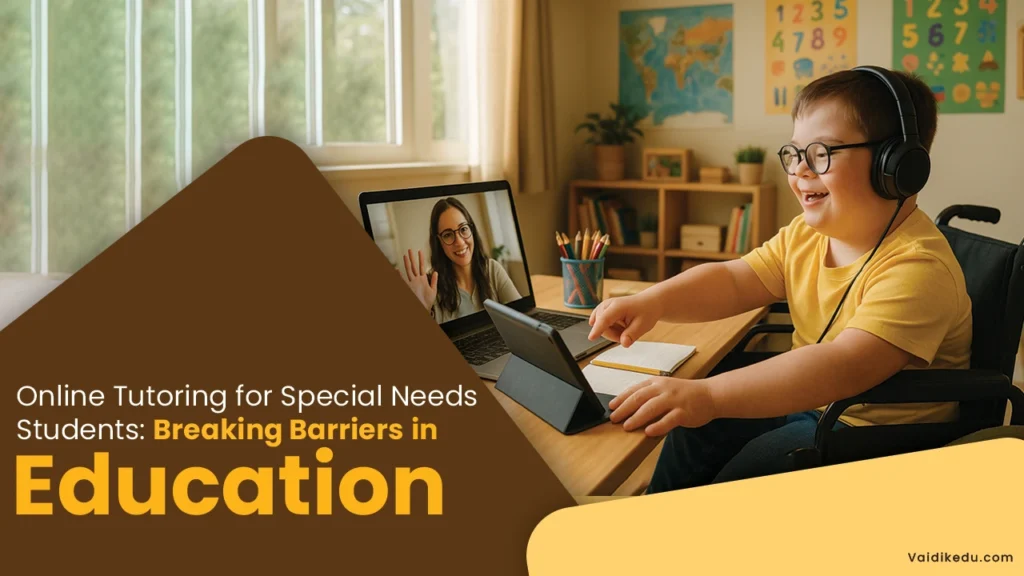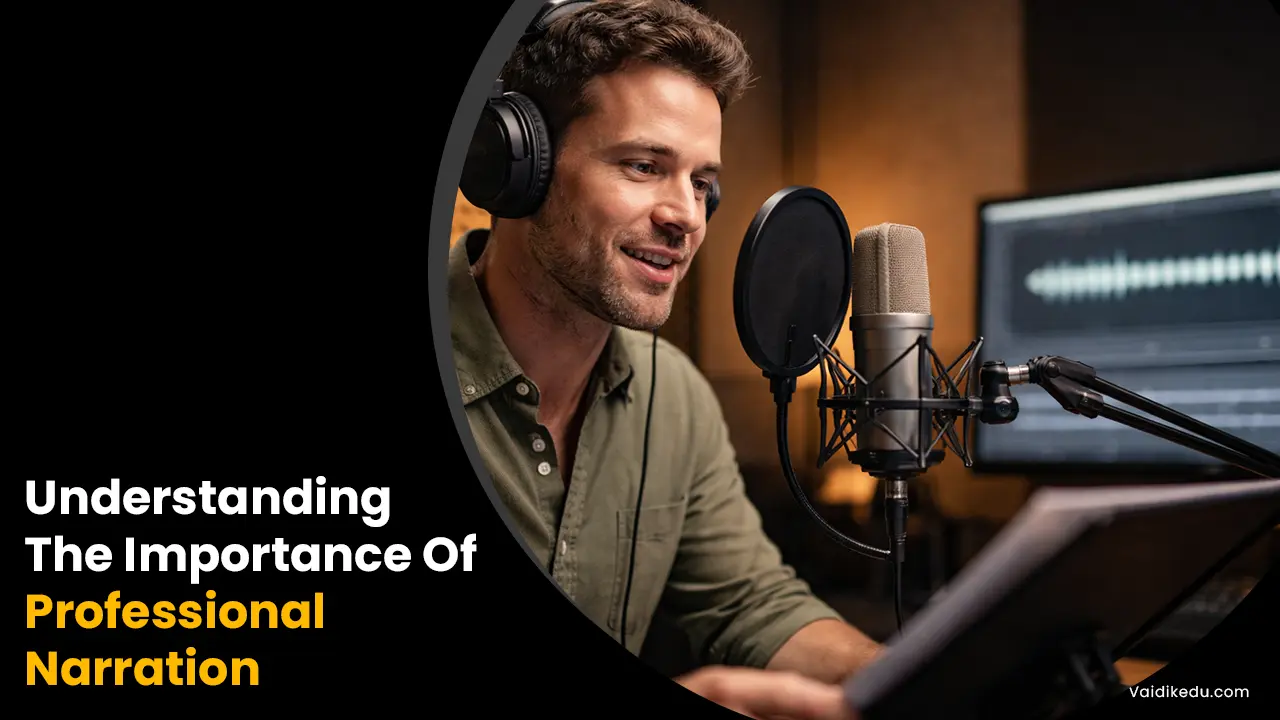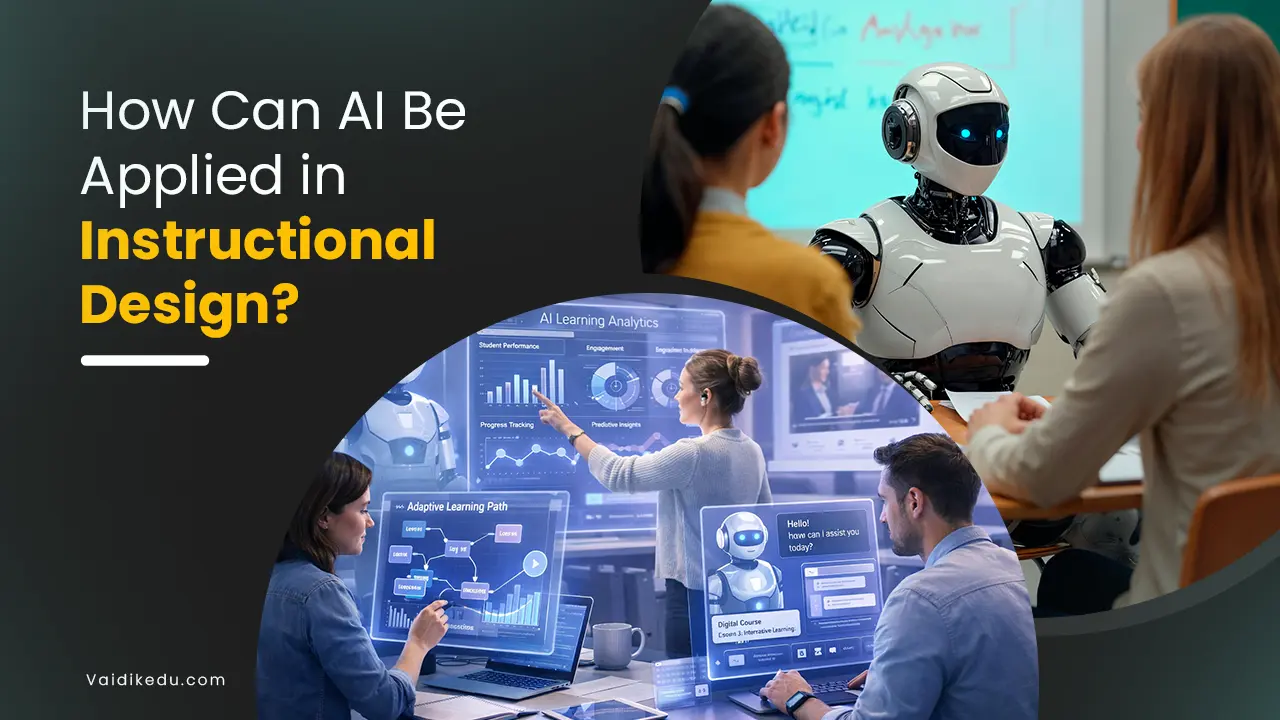Education is key to personal growth and empowerment. Students with special needs (autism, ADHD, dyslexia, sensory processing disorders) face unique challenges in learning. Traditional classrooms often lack inclusivity (individualized support, sensory accommodations).
Online- tutoring is a transformative solution, offering flexible, tailored, and supportive experiences. This blog will explore how online tutoring breaks barriers (academic, social), its benefits (personalization, accessibility), challenges (tech issues, screen fatigue), and its potential to revolutionize education for special needs students.
The Benefits of Online Tutoring Are
The Most Significant Advantages Are-
- Personalized Learning Plans – Individualized Education Plans or IEPs are the foundation of online tutoring Services for special needs students.
- Comfortable Learning Environment- A lot of children with disabilities have trouble in regular classes because of sensory overload, social anxiety, or noise. Students can learn from the comfort of their homes with online tutoring, creating a stress-free atmosphere.
- Flexible- Scheduling- Online tutoring accommodates such needs with flexible schedules, ensuring that learning aligns with their physical and mental well-being.
- Access To Specialized Expertise- Online platforms connect students with tutors experienced in working with specific disabilities.
Online Tutoring For Different Learning Needs Are
Students with special needs face varied challenges, and online tutoring adapts to these through innovative strategies-
- ASD OR Autism Spectrum Disorder- Online tutoring provides a predictable and structured environment, ideal for students with ASD. One-on-one sessions minimize distractions and focus on clear communication, helping these students excel.
- ADHD OR Attention Deficit Hyperactivity Disorder – Students with ADHD benefit from short, focused sessions and interactive teaching styles. Tutors break lessons into smaller, manageable tasks to maintain engagement and ensure retention.
- Dyslexia- Dyslexic students often struggle with reading and writing. Online tutoring incorporates assistive technologies such as text-to-speech tools, making learning accessible and effective.
- Sensory Processing Disorders- Customized tools like visual aids, calming activities, and reduced sensory triggers help students with sensory issues adapt to online learning environments.
Technology And Tools Used in Online Tutoring Are
Technology is at the core of online tutoring, making it accessible and engaging for special needs students. Some key tools include-
- Video Conferencing Platforms- Platforms like Zoom, Microsoft Teams, and Google Meet provide features such as screen sharing, virtual whiteboards, and breakout rooms for collaborative learning.
- Assistive Technologies- Tools like speech-to-text software, audiobooks, and adaptive devices make online learning inclusive. These technologies bridge the gap for students with cognitive or physical challenges.
- Gamified Learning Apps- Apps like Prodigy and Khan Academy engage students through interactive games and activities, helping them master subjects while having fun.
Choosing The Right Online Tutoring Service
- Specialized Expertise- Choose platforms with tutors experienced in special education.
- Customizable Plans- Look for services offering flexible, individualized learning plans.
- Accessible Tools- Ensure the platform supports assistive technologies tailored to the child’s needs.
- Parent Reviews- Read reviews and testimonials from parents of other special needs students.
Challenges in Online Tutoring Are
While online tutoring has transformed education, it is not without challenges-
- Technical Difficulties- Unstable internet connections and software glitches can disrupt learning sessions. Ensuring reliable technology is critical.
- Screen Fatigue- Prolonged screen time can be tiring, especially for students with ADHD or sensory sensitivities. Regular breaks and short sessions help mitigate this issue.
- Limited Hands-On Learning- Some subjects, such as science experiments or arts and crafts, require hands-on activities that are harder to replicate in an online setting.
The Future of Online Tutoring- The future of online tutoring is bright, especially for special needs education. Advancements in artificial intelligence or AI, virtual reality or VR, and adaptive learning platforms promise a more immersive and personalized experience.
AI stands ready to assess a student’s performance in time and offer feedback; while VR can recreate realistic learning environments for interactive hands- on experiences.
With increasing awareness and ongoing advancements in technology-driven education methods like online tutoring, to the fore there’s an eagerness to see it foster an inclusive education landscape where every student can thrive.
Conclusion
Online tutoring is transforming education for special needs students by emphasizing personalized learning (individualized plans), flexibility (self-paced schedules), and specialized resources (assistive tools, expert guidance).
Despite challenges like screen fatigue (prolonged device use) and technical issues (internet or device problems), advancing technology (AI and adaptive tools) offers hope for greater inclusivity. As parents, educators, and society embrace these solutions (and promote accessibility), education moves closer to being truly inclusive for all.
Frequently Asked Questions
Online tutors adapt their teaching methods, assistive technology, and lesson plans to meet the unique needs of each student.
Key tools include video conferencing platforms, speech-to-text software, audiobooks, and gamified learning applications.
Yes, because online tutoring provides distraction-free settings and brief, concentrated sessions catered to their attention spans, it can be quite beneficial for kids with ADHD.
Parents should prioritize platforms with experienced tutors, customizable plans, assistive technologies, and positive reviews from other families.









